Tankless vs. Tank Water Heaters: Which One Is Right for Your Home?
When was the last time you thought about your water heater? Probably not until the hot water ran out mid-shower. Whether you’re replacing an old unit or building a new home, choosing the right water heater is a decision that affects your comfort, energy bills, and even your home’s resale value.
Two of the most common options available today are tank water heaters (also called storage water heaters) and tankless water heaters (also known as on-demand systems). Each has its own strengths and drawbacks, and what works well for one home might not be ideal for another.
In this guide, we’ll walk you through everything you need to know: how each type works, how much they cost, how long they last, how energy-efficient they are, and which one might be the right fit for your household.
What Are Tank and Tankless Water Heaters?
Let’s start with an overview of each type, so you understand what sets them apart.
Tank Water Heater (Storage Type)
This is the most traditional and widely used system in homes. It works by heating and storing a large volume of water (usually 30 to 80 gallons) in a tank. That hot water is then available whenever you turn on a faucet or shower.
- How it works: Cold water enters the tank, gets heated by a gas burner or electric element, and is kept hot until it’s used.
- Hot water availability: Once the stored hot water is used up, you have to wait for the tank to refill and reheat.
- Space needs: Takes up more room due to the tank’s size.
Tankless Water Heater (On-Demand Type)
A tankless water heater, as the name suggests, doesn’t store hot water. Instead, it heats water on demand when you turn on the tap.
- How it works: Water flows through a heat exchanger (powered by gas or electricity) and is instantly heated.
- Hot water availability: No limit on how long hot water lasts, as long as you stay within the system’s flow capacity.
- Space needs: Compact and wall-mounted, saving floor space.
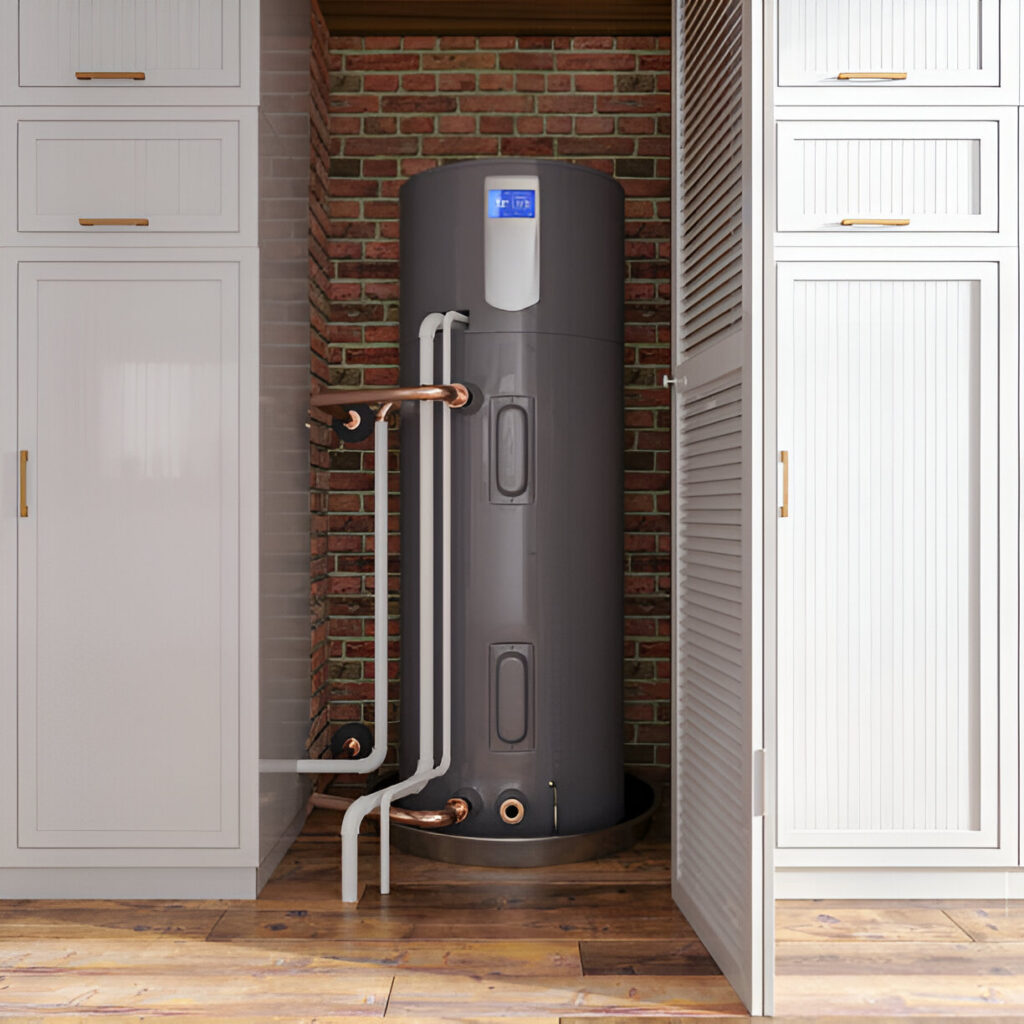
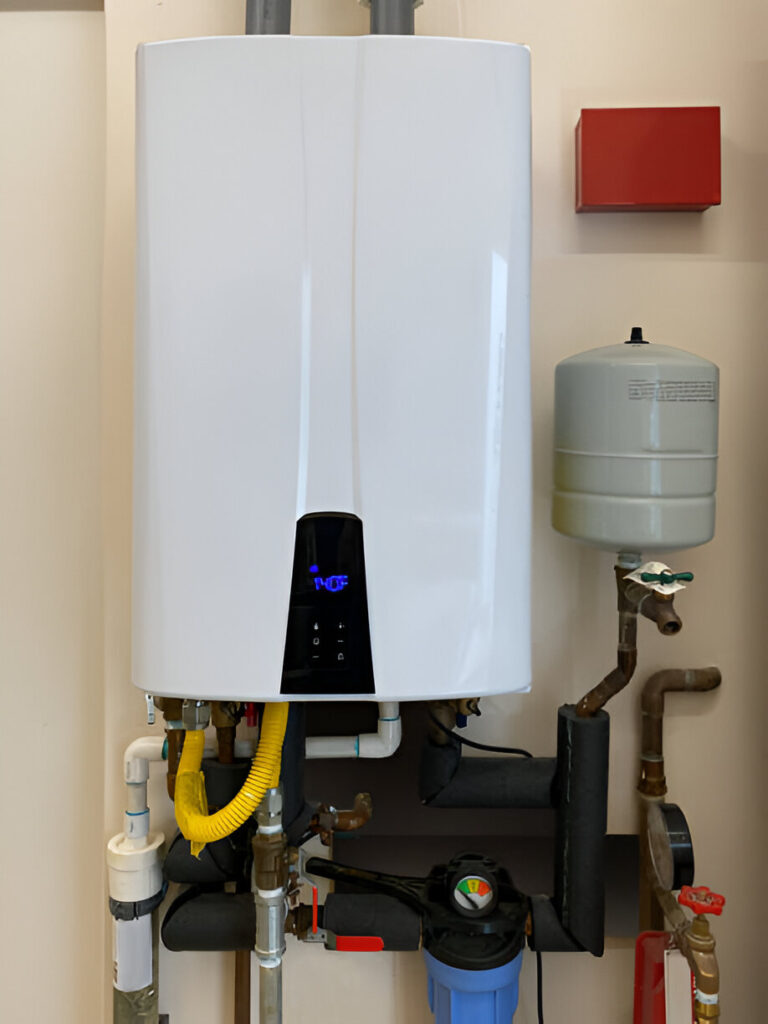
How Well Do These Water Heaters Actually Perform in Real Life?
When comparing these systems, hot water performance is one of the most important factors.
Tank Water Heater
Tank systems store a limited amount of hot water, meaning you could run out if multiple people use hot water back-to-back. Once the tank is empty, it takes 20 to 60 minutes to refill and reheat the water.
Example:
- A 40-gallon tank can typically support 2–3 quick showers.
- Add a dishwasher or laundry cycle to the mix, and the tank may run dry faster than expected.
Tankless Water Heater
Tankless systems don’t run out of hot water in the traditional sense. As long as you have water flowing and the system is within capacity, hot water continues indefinitely.
However, they do have a maximum flow rate, measured in gallons per minute (GPM). If demand exceeds that (say, two showers plus a running washing machine), the system may struggle to keep up, resulting in inconsistent temperature or reduced flow.
Lifespan: How Long Do They Last?
Durability plays a big role in the long-term value of your water heater.
- Tank Water Heaters typically last 8 to 15 years.
- Longevity depends on maintenance (like flushing the tank and checking the anode rod).
- Sediment buildup in hard water areas can shorten lifespan.
- Tankless Water Heaters often last 15 to 25 years.
- Because there’s no standing water, there’s less internal corrosion.
- However, regular descaling is needed to protect the heat exchanger from mineral buildup.
In general, tankless models outlast tank models by nearly a decade when properly maintained.
Which Water Heater Saves You More on Energy Bills?
Energy usage affects both the environment and your monthly bills. Here’s how the two compare:
Tank Water Heater
- Uses energy constantly to maintain water temperature, even when no one is using hot water.
- This is called standby heat loss.
- Older models especially can be inefficient without insulation.
Tankless Water Heater
- Heats water only when it’s needed, meaning zero standby heat loss.
- Typically 20–35% more energy-efficient than traditional tanks, especially in homes with lower daily hot water usage.
If you prioritize lower energy bills or a greener footprint, tankless tends to win.
Water Heater Costs: What You’ll Pay Now and What You’ll Save Later
Cost is a big factor when deciding between tank and tankless systems, but there are three parts to consider: initial cost, installation cost, and long-term operating cost.
Upfront and Installation Costs
| Type | Unit Cost (Avg.) | Installation (Avg.) | Total Initial Cost |
| Tank | $400–$1,200 | $500–$1,000 | $900–$2,200 |
| Tankless | $800–$2,000 | $1,000–$2,500 | $1,800–$4,500 |
Why is tankless more expensive to install?
Switching from a tank to a tankless system often requires:
- Upgrading gas lines or electrical systems.
- New venting.
- Wall-mounting brackets and pipe rerouting.
Long-Term Operating Costs
- Tank water heaters consume more energy and may need replacing sooner.
- Tankless units cost more upfront but use less energy and typically last longer, making them cheaper over 15–20 years.
Maintenance: What’s Required to Keep Things Running?
Both systems need maintenance, but the type and frequency differ.
Tank Water Heater
- Flush the tank once a year to remove sediment.
- Inspect and replace the anode rod every 3–5 years to prevent corrosion.
- Insulate pipes and the tank for added efficiency.
Tankless Water Heater
- Descale once a year to prevent mineral buildup, especially in hard water areas.
- Some models have filters that should be cleaned regularly.
- Annual service by a technician is often recommended.
Neglecting maintenance on either system shortens lifespan and reduces efficiency.
Tight on Space? Here’s How Each Water Heater Fits in Your Home
This is an underrated but important consideration, especially in small homes or apartments.
Tank Water Heater
- Bulky and floor-mounted.
- Typically placed in basements, utility rooms, or garages.
- Requires several square feet of space.
Tankless Water Heater
- Compact, wall-mounted, and fits in closets or even outside (weather-permitting).
- Frees up valuable floor space.
For homeowners short on space, tankless offers clear advantages.
Which Water Heater Is Better for the Environment?
Choosing an energy-efficient system doesn’t just help your wallet, it helps the environment too.
Why Tankless is Greener:
- Reduced energy consumption thanks to on-demand heating.
- Fewer emissions if using efficient gas models.
- Longer lifespan means fewer discarded units in landfills.
Tank systems can still be eco-friendly by:
- Choosing high-efficiency models.
- Keeping thermostat temperatures reasonable (120°F).
- Adding insulation to reduce standby heat loss.
Not Sure Which to Choose? Use This Guide to Decide
There’s no single answer that works for every household. The choice between a tank and tankless water heater really depends on your home’s setup, your hot water habits, your budget, and how long you plan to live there. Let’s break it down a bit further to help you confidently weigh your options.
Choose a Tank Water Heater if:
- You’re on a tight budget.
It’s more affordable to purchase and install compared to a tankless system. - You need a quick, straightforward replacement.
Swapping an old tank for a new one is typically fast and low-hassle. - Your current home already uses a tank system.
Keeping the same type avoids costly upgrades to plumbing or venting. - You have a smaller household with predictable hot water needs.
A 40–50 gallon tank can easily meet low to moderate daily demand. - You’re not staying in your home long-term.
Lower upfront cost makes more sense if you’re moving in a few years.
Choose a Tankless Water Heater if:
- You want long-term energy savings.
On-demand heating reduces wasted energy and lowers monthly utility bills. - You plan to stay in your home for 10+ years.
The longer you stay, the more the savings justify the upfront investment. - Space is limited.
Wall-mounted design frees up valuable floor space in small homes or closets. - Your household has varying hot water usage at different times of day.
Endless hot water means no waiting between showers or appliance cycles. - You want a system with a longer lifespan.
Tankless units can last up to 25 years with proper maintenance.
Which Water Heater Is Best for You?
- Choosing between a tank and a tankless water heater isn’t just about cost, it’s about how you use hot water, how long you plan to live in your home, and what you value most: upfront savings, long-term efficiency, or convenience.
- If you prefer simplicity, lower cost, and tried-and-true systems, a traditional tank water heater may be just fine. But if you want energy savings, space-saving design, and endless hot water (with the right setup), tankless is hard to beat.
- Take the time to consider your household size, habits, and future plans. In the end, the right water heater is the one that fits your life, not just your pipes.
Talk to a Local Pro About Your Water Heater Options
Still not sure which water heater is the best fit for your home? Let the experts at Redwood Plumbing and Drain Cleaning Inc. guide you. With over 15 years of experience serving Fortuna and the greater Humboldt County area, our licensed professionals offer honest recommendations, expert installations, and dependable service you can count on.
Call Redwood Plumbing and Drain Cleaning Inc. today at (707) 574-9875, we’re here to help you make the right choice and ensure your hot water never runs out.


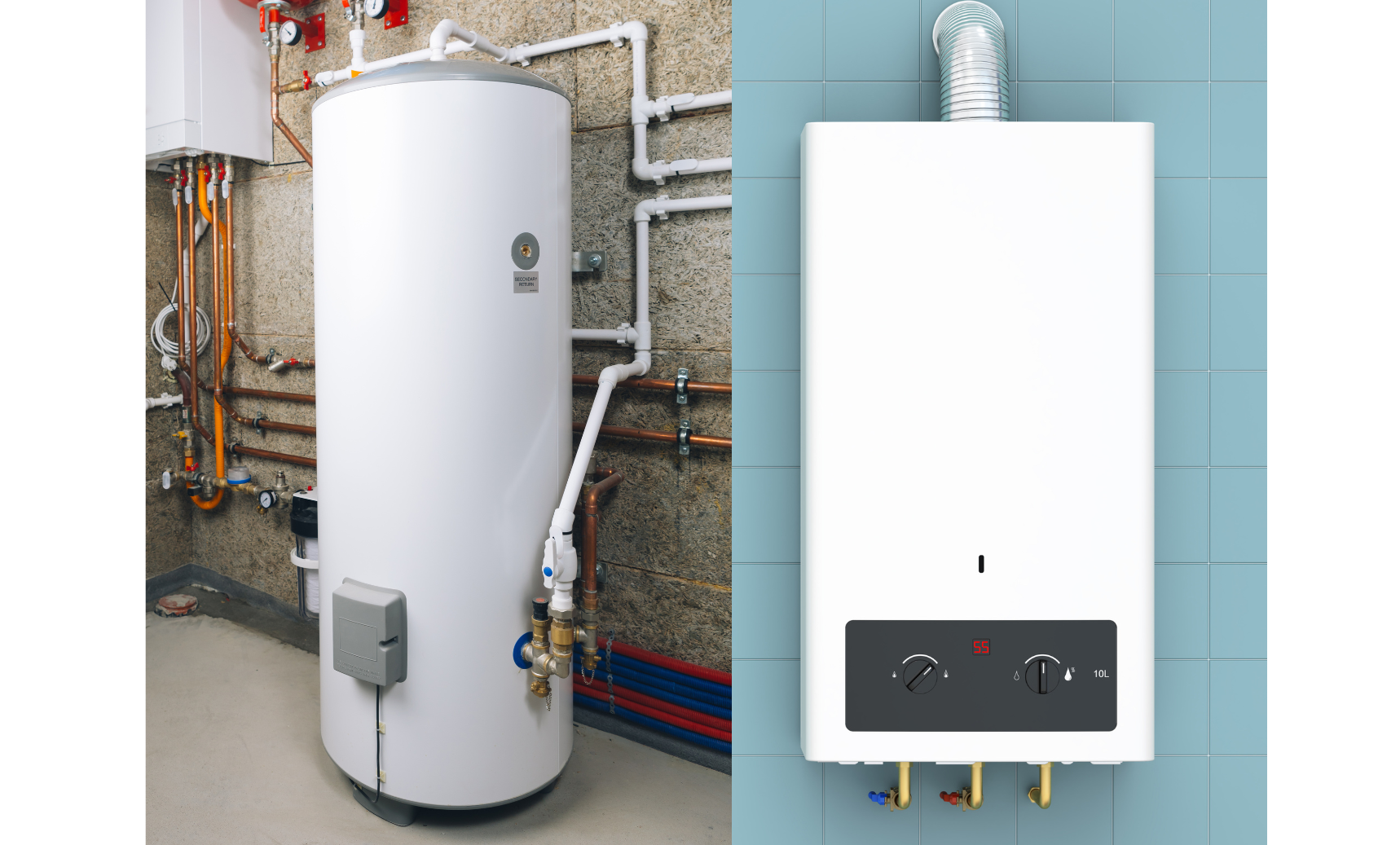
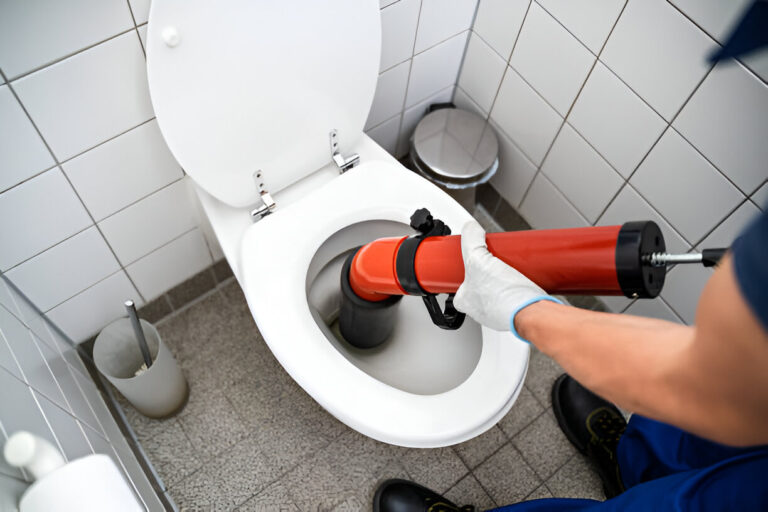
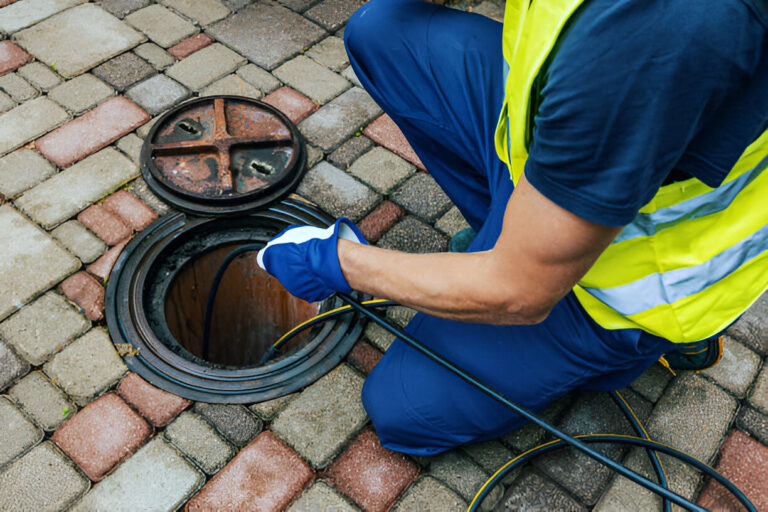
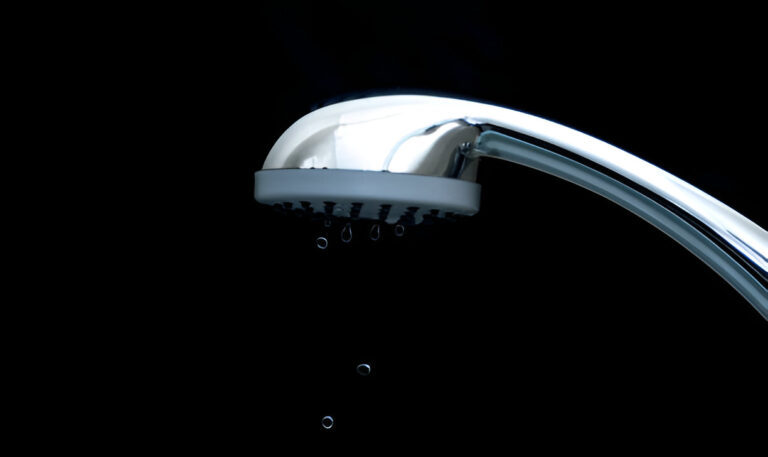
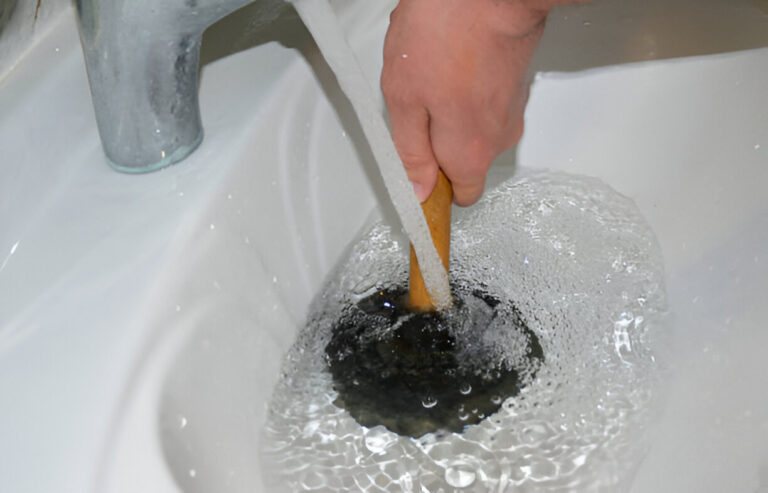


https://shorturl.fm/CTBNB
https://shorturl.fm/GhnJs
https://shorturl.fm/DcPUJ